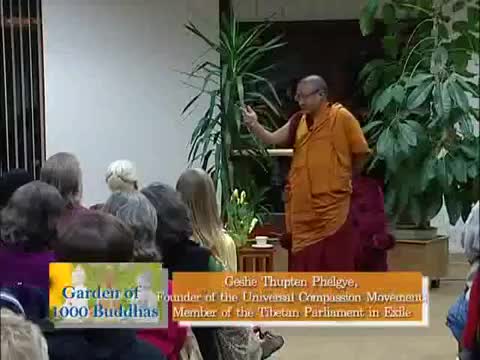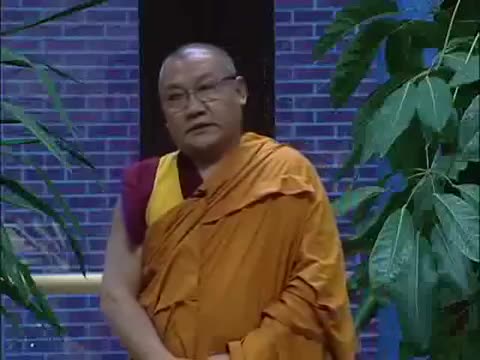Article not found
This article is no longer available. But don't worry—we've gathered other articles that discuss the same topic.

Visiting Tibetan teacher warns of persistent Tibet–China tensions, discusses exile community and U.S. resettlement trade-offs

Tibetan teacher recounts decades-long push for vegetarianism in monasteries, urges practical steps for Western audiences

